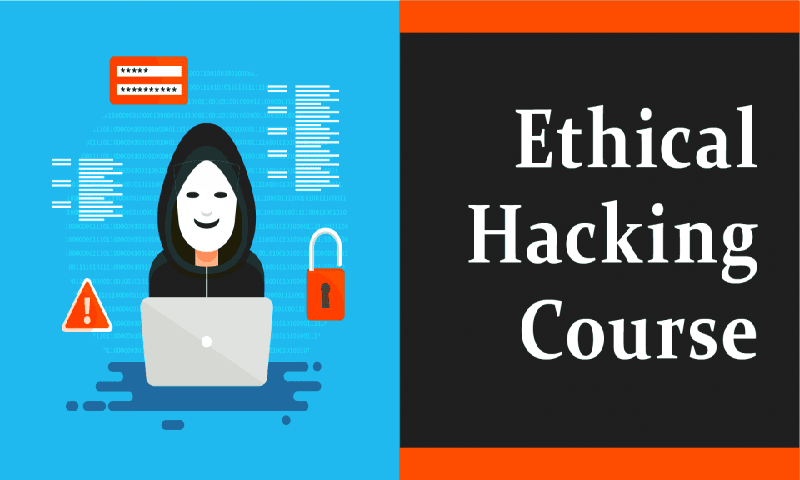
About the course
Ethical hacking is the practise of identifying vulnerabilities in an application, system, or organization’s infrastructure that can be exploited by an attacker. By lawfully hacking into networks and looking for weak places, they employ this approach to avoid cyberattacks and security breaches. To get allowed access and test the organization’s tactics and network, an ethical hacker follows the methods and thought process of a malevolent attacker..
Popular tools you will learn

Hashcat
Password cracking is a big part of ethical hacking, and Hashcat is a robust cracking tool. It can help ethical hackers audit password security, retrieve lost passwords, and discover the data stored in a hash.
Notable features include:
- Open source
- Multiple platform support
- Supports distributed cracking networks
- Supports automatic performance tuning

Wireshark
Wireshark is a great tool for analyzing data packets and can also perform deep inspections of a large number of established protocols. You can export analysis results to many different file formats like CSV, PostScript, Plaintext, and XML.
Features:
- Performs live captures and offline analysis
- Cross-platform support
- Allows coloring rules to packet lists to facilitate analysis
- It’s free

Acunetix
This ethical hacking tool is fully automated, detecting and reporting on more than 4500 web vulnerabilities, including every variant of XSS and SQL Injection. Acunetix fully supports JavaScript, HTML5, and single-page applications so you can audit complex authenticated applications.
Basic features include:
- Consolidated view
- Integration of scanner results into other platforms and tools
- Prioritizing risks based on data